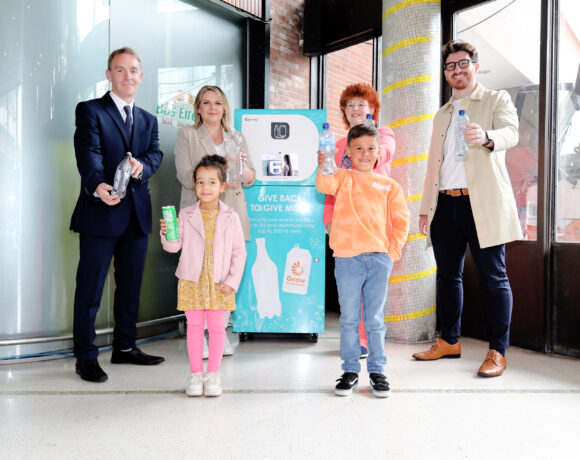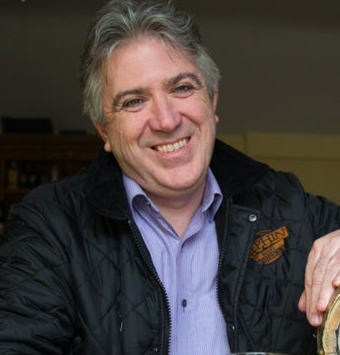Helen McEntee TD, Minister for Justice, and Simon Harris TD, Minister for Further and Higher Education, Research, Innovation and Science, have launched an online learning hub on consent for the third level sector.
The online consent hub draws extensively on the work of the pioneering Active* Consent research team at NUI Galway. It provides, for the first time, a cohesive, publicly-available, educational resource on sexual consent for young people, their families, and educators who work with them.
Minister McEntee said, “the Active* Consent research team in Galway, who are leading this project, have said there have been increased requests from students recently for the eLearning module due to the focus on sexual violence, harassment and bystander strategies. So this important resource is immediately in demand.”
“Through ‘Supporting a Victim’s Journey’, I am focused on improving the criminal justice system for vulnerable victims and witnesses and on raising awareness of issues such as consent. Understanding consent plays a key role in reducing instances of sexual violence. This digital hub provides readily accessible resources which, importantly, will support not only the education sector but society wide participation in consent education and awareness.”
The government is committed to raising awareness of the meaning and importance of consent in sexual activity, across all sections of society. While the hub – accessible at consenthub.ie – contains material for students and staff in higher level institutions, the content also has a direct relevance to a much wider audience. It includes information and resources for young people under 17, for parents, and for educators who work with young people.
Minister Harris said, “this is a really important hub of resources and tools for student and wider society engagement. It plays a key part in our overall goal to build a meaningful culture of consent in our campuses, further education settings and in our communities across Ireland.”
“No part of our society is untouched by issues around consent. Ireland can take a leading role in confronting sexual violence and harassment and ensure people feel safe and empowered.”
The resources currently available through the online consent hub include:
- targeted information including consent definitions and explanations
- FAQs for each target group (under 17, youth over 17, parents, teachers/educators)
- self-directed eLearning module for young people on consent, sexual violence and harassment
- information on how and where to get help if a negative sexual experience occurs to you or a friend
- research on consent carried out with adolescents, young adults, and educators in Ireland
- information on further training and resources
Further content will be rolled out during 2022, including, but not limited to, eLearning resources on sexual media for young people and on consent, sexual violence, and harassment for professionals.
Dr Charlotte McIvor, Active* Consent Programme Co-Lead, NUI Galway, said, “the online consent hub has one key message that we want all of Irish society to engage with: Consent is for everyone. It applies to all relationships, all genders, and all sexualities. Consent is an ongoing, mutual and freely-given agreement to take part in sexual activity.”
Dr Siobhán O’Higgins, Active* Consent Programme Co-Lead, NUI Galway, said, “we have been working on our resources, messages, and education on consent for almost 10 years now. The online consent hub allows us to reach new groups, including marginalised members of our community, and to work with specialists on sexual violence and harassment like Rape Crisis Network Ireland and Galway Rape Crisis Centre to do so.”
Dr Padraig MacNeela, Active* Consent Programme Co-Lead, NUI Galway, said, “the online consent hub supports what we call ‘consent literacy’ across our society, so that people of all age groups and backgrounds feel confident in their knowledge and understanding of consent. Our goal is that everyone is empowered in their own lives, decisions, or work in consent conversations and actions.”
“Not alone that, but we should all have the opportunity to know how to reach out to support others or for support ourselves, to be a positive influence for respect and equality in our schools, colleges, and communities.”
[sibwp_form id=2]













